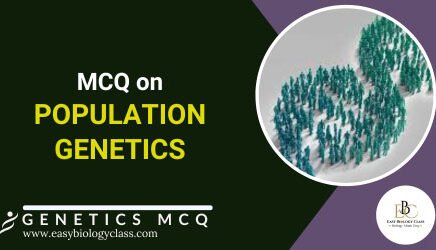
MCQ on Population Genetics with Answers (PDF)
Population genetics is the study of the genetic composition of populations and how it changes over time due to evolutionary processes such as mutation, natural […]

Population genetics is the study of the genetic composition of populations and how it changes over time due to evolutionary processes such as mutation, natural […]
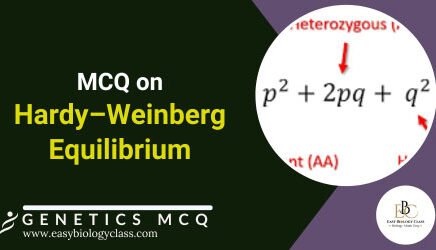
Hardy-Weinberg equilibrium is a principle that describes the genetic composition of a population when allele and genotype frequencies remain constant from generation to generation, provided […]
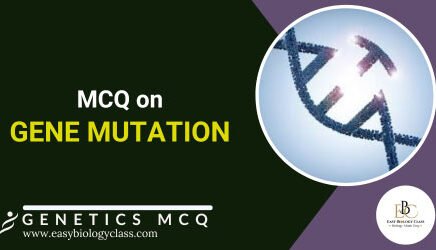
Gene Mutation refers to a permanent alteration in the DNA sequence that makes up a gene. Mutations can occur due to various factors, including environmental […]
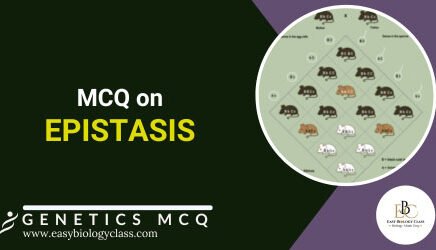
Epistasis is the phenomenon where the expression of one gene is affected by one or more other genes. This interaction can modify or completely mask […]
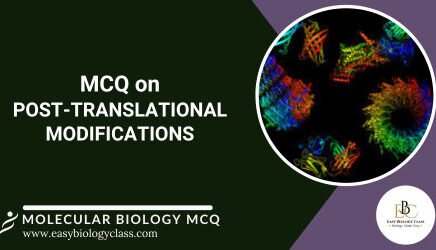
Post-translational modifications are chemical changes made to proteins after translation, which affect their function, stability, and localization. These modifications include processes such as phosphorylation, glycosylation, […]
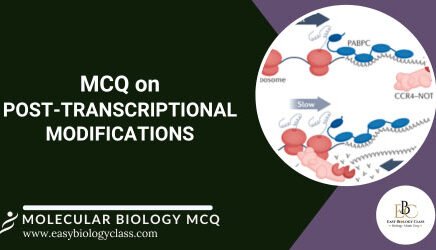
Post-transcriptional modifications are processes that modify pre-mRNA into mature mRNA after transcription in eukaryotic cells. These modifications include the addition of a 5′ cap, splicing […]
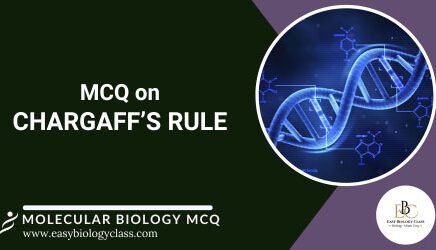
Chargaff’s rule is a key principle in molecular biology, stating that in DNA, the proportion of adenine (A) always equals that of thymine (T), and […]

DNA ligase is an essential enzyme that facilitates the joining of DNA strands by catalyzing the formation of phosphodiester bonds between adjacent nucleotides. It plays […]
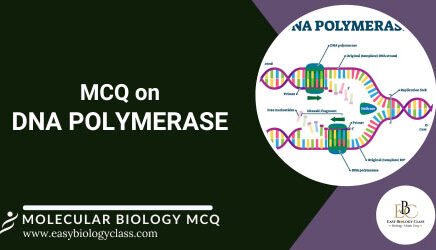
DNA polymerase is an enzyme responsible for synthesizing new DNA strands during replication by adding nucleotides to a pre-existing strand using the original DNA as […]